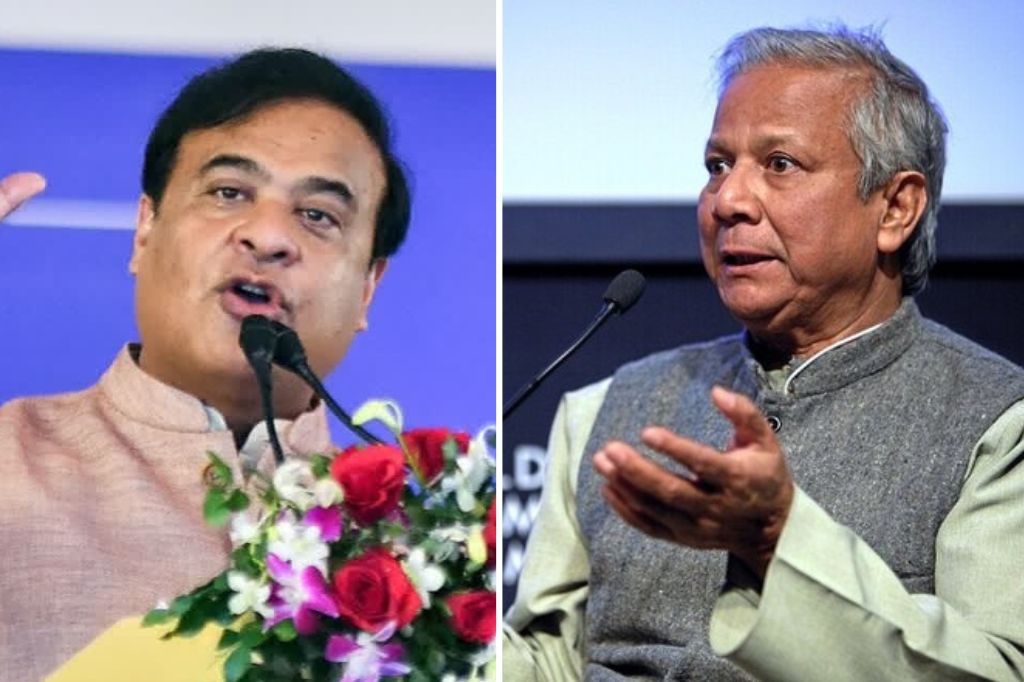The remarks by Muhammad Yunus, the Bangladesh interim government’s chief advisor, on the Northeastern states have drawn sharp reactions in India. While Assam CM Himanta Biswa Sarma has described the remarks as “offensive”, Congress’s Pawan Khera has said Dhaka’s approach is dangerous for the Northeast and questioned the Centre’s foreign policy.
A video of Yunus’s remarks, apparently made during his four-day trip to China, is doing the rounds on social media. “The seven states of India, the eastern part of India, are called the seven sisters. They are a landlocked region of India. They have no way to reach out to the ocean,” he is heard saying. He says Bangladesh is the “guardian of the ocean” for the region. “This opens up a huge possibility. This could be an extension for the Chinese economy,” he said.
The remarks came amid Dhaka’s outreach to Beijing in the aftermath of the ouster of the Sheikh Hasina regime. CM Sarma has hit out at Yunus’s remarks and said it is imperative to develop more robust rail and road networks connecting the Northeast to the rest of the country.
CM Sarma wrote, “The statement made by Md Younis of Bangladesh so called interim Government referring to the seven sister states of Northeast India as landlocked and positioning Bangladesh as their guardian of ocean access, is offensive and strongly condemnable. This remark underscores the persistent vulnerability narrative associated with India’s strategic “Chicken’s Neck” corridor. Historically, even internal elements within India have dangerously suggested severing this critical passageway to isolate the Northeast from the mainland physically. Therefore, it is imperative to develop more robust railway and road networks both underneath and around the Chicken’s Neck corridor. Additionally, exploring alternative road routes connecting the Northeast to mainland India, effectively bypassing the Chicken’s Neck, should be prioritized. Though this may pose significant engineering challenges, it is achievable with determination and innovation. Such provocative statements by Md Younis must not be taken lightly, as they reflect deeper strategic considerations and longstanding agendas (sic).”







